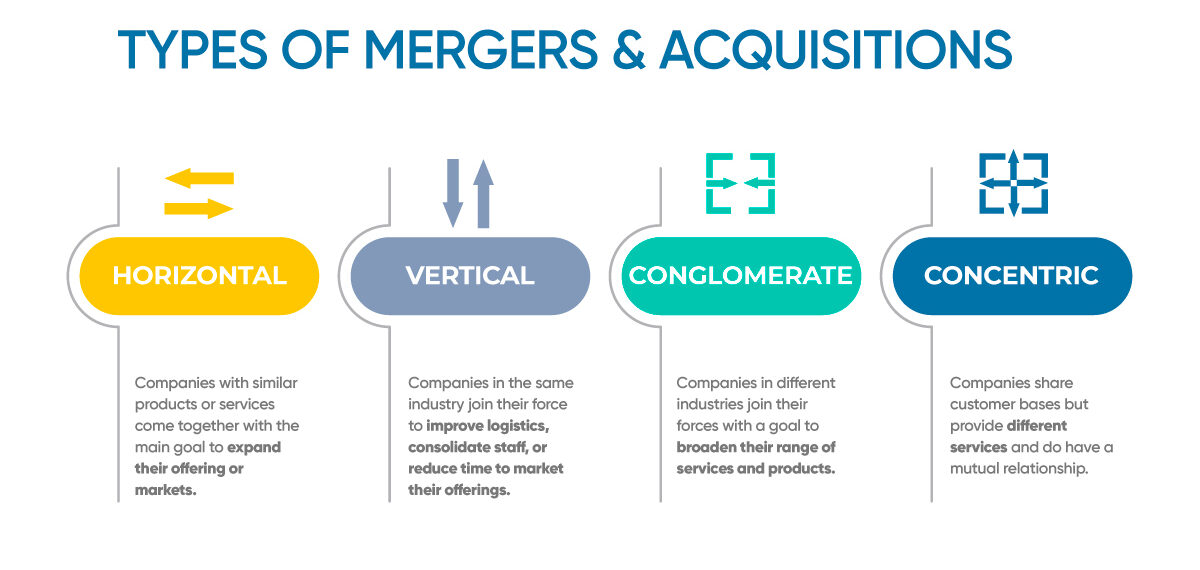The M&A (mergers and acquisitions) landscape in the Europe, Middle East, and Africa (EMEA) region is experiencing a significant slowdown in 2024, with deal activity plummeting 31% compared to the same period last year. This sharp decline is attributed to a confluence of economic challenges and geopolitical tensions.
The global economic slowdown, characterized by rising inflation and tightening monetary policies by central banks, has dampened investor confidence and corporate risk appetite. Businesses are adopting a cautious approach, prioritizing debt reduction and shoring up their balance sheets over pursuing aggressive expansion plans through acquisitions. Additionally, the ongoing war in Ukraine and the resulting geopolitical instability have further exacerbated these concerns, creating uncertainty and disrupting cross-border transactions.
The impact of the slowdown is being felt across various sectors. The technology sector, which has traditionally been a hotbed for M&A activity, has witnessed a notable cooling down. Soaring valuations from the previous boom cycle, coupled with a pullback in tech stock prices, have made acquisitions less attractive for potential buyers. Similarly, the energy sector, grappling with volatile oil prices and ongoing supply chain disruptions, has seen a decline in dealmaking activity.
Despite the overall downturn, there are some pockets of resilience. The healthcare sector, driven by an aging population and rising demand for innovative medical solutions, continues to see steady M&A activity. Pharmaceutical and biotechnology companies are strategically acquiring smaller firms to bolster their product pipelines and expand their market reach. Furthermore, distressed M&A, involving the acquisition of financially troubled companies, is expected to pick up as economic pressures mount. Investors with a strong financial position may view distressed assets as opportunities for bargain hunting.
Analysts are divided on the near-term outlook for M&A activity in the EMEA region. Some believe that the slowdown is temporary and that deal activity will rebound once economic conditions improve. They point to the presence of a large pool of dry powder (uninvested capital) accumulated by private equity firms, which could be unleashed when opportunities arise. Others anticipate a more protracted slowdown, with investors remaining cautious until there is greater clarity on the geopolitical landscape and the trajectory of inflation.
The slowdown in M&A activity has implications for various stakeholders. For companies, it presents an opportunity to focus on organic growth strategies and bolster their operational efficiency. For investment banks, which derive significant revenue from advising on M&A deals, the slowdown translates into lower fee income. However, they can adapt by focusing on other areas such as debt restructuring and capital raising activities.
In conclusion, the M&A landscape in the EMEA region is undergoing a significant transformation in 2024. Economic headwinds and geopolitical tensions have put a damper on dealmaking activity. While some sectors are experiencing a sharper decline than others, there are pockets of resilience. The trajectory of M&A activity in the coming months will depend on the evolution of the economic and geopolitical climate.

